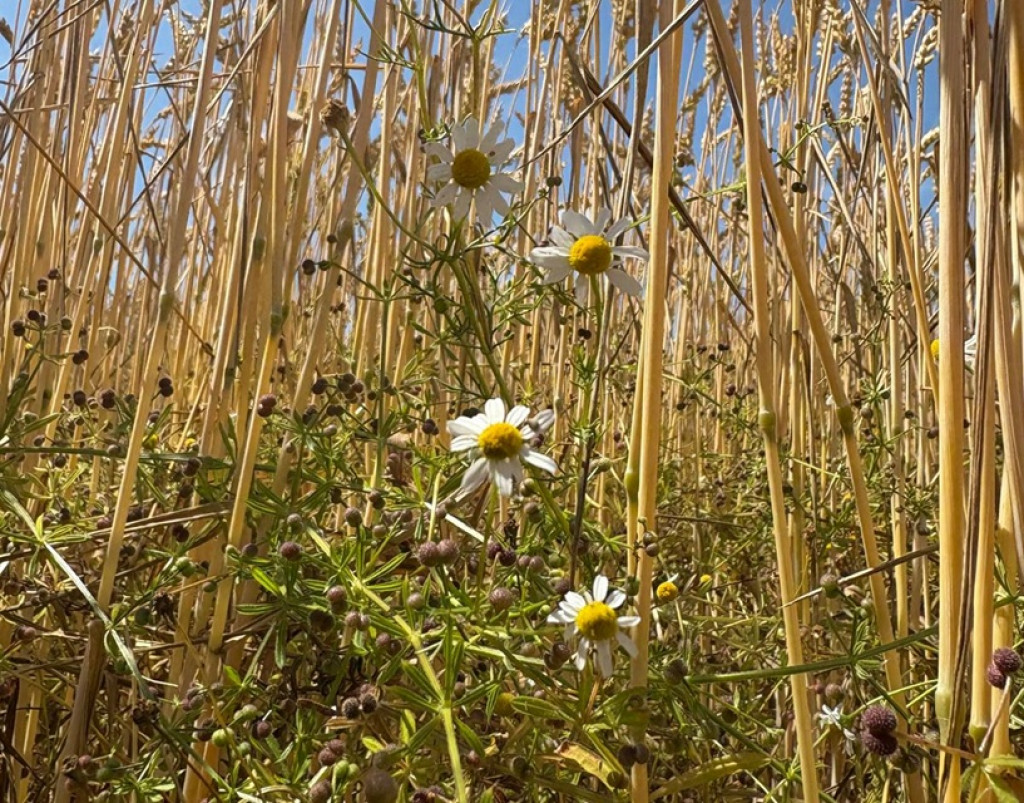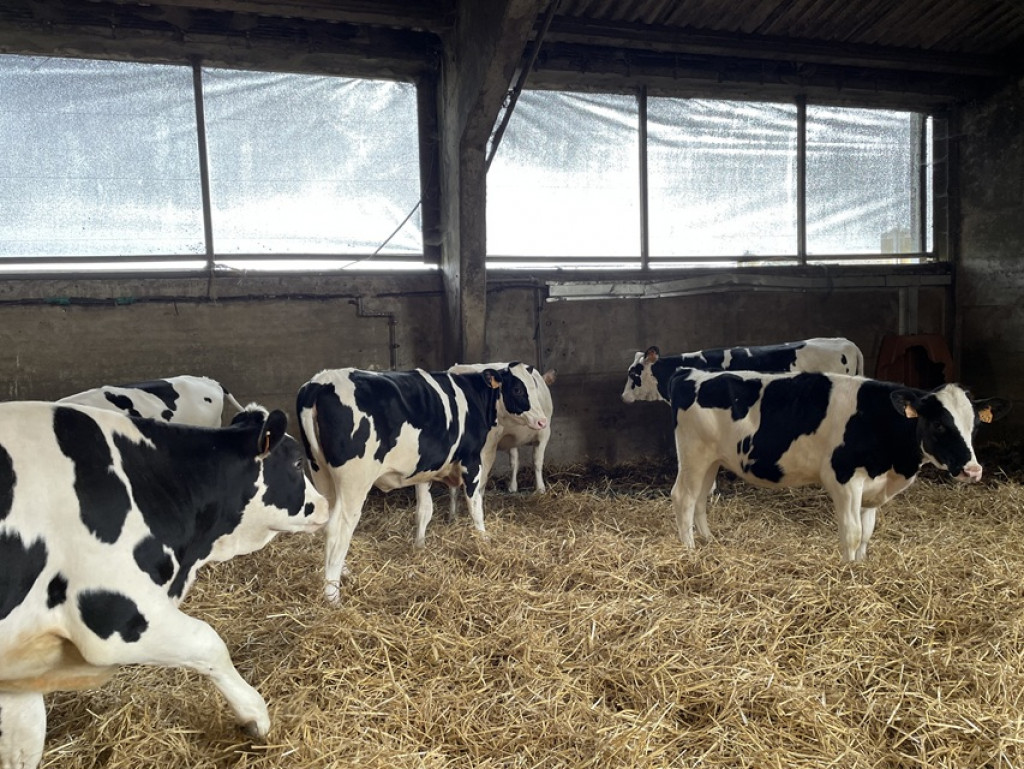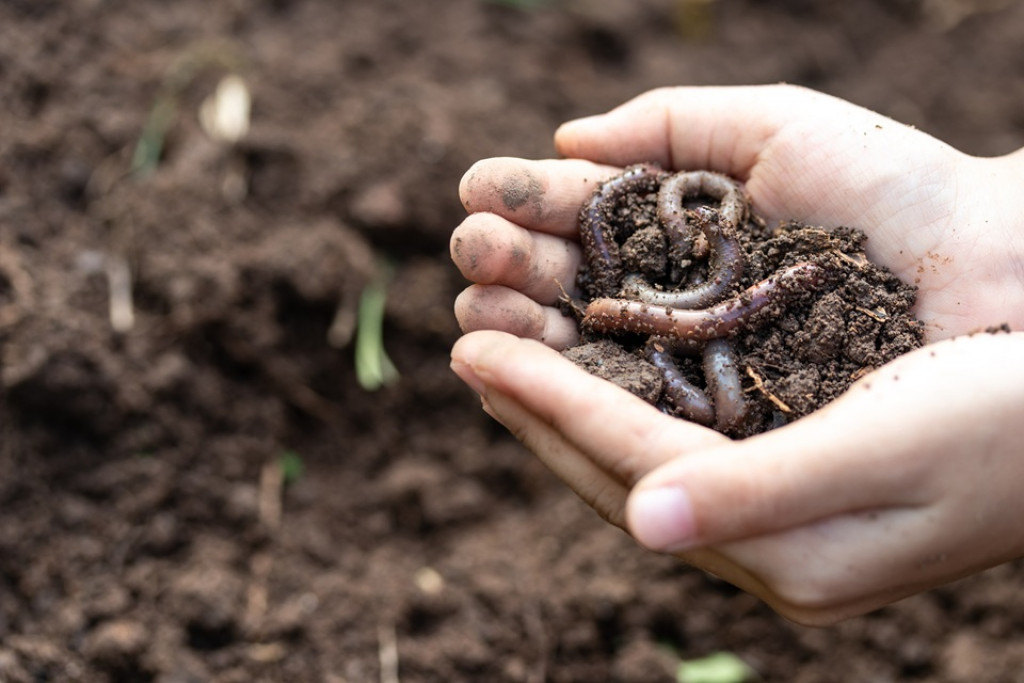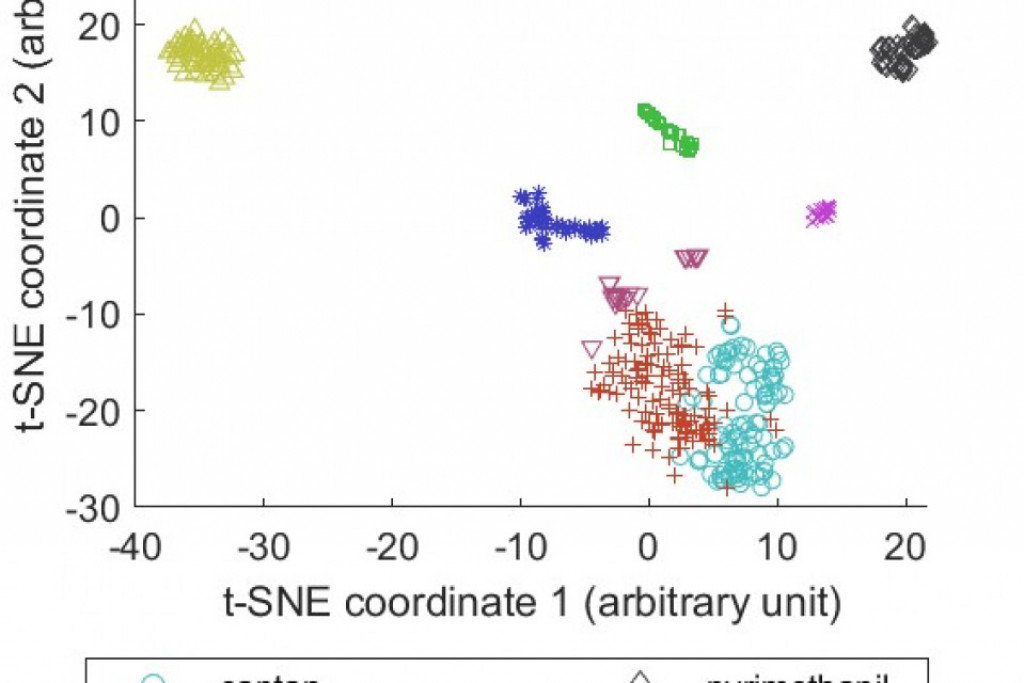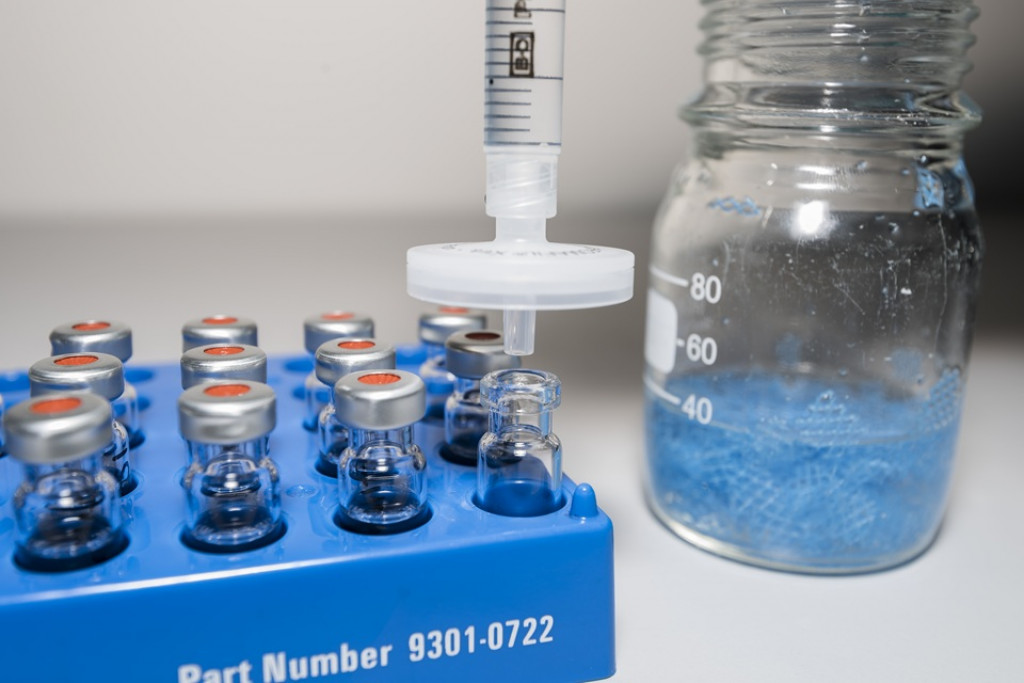Sustainable alternatives can be developed and adopted to reduce their use while maintaining productivity and profitability for farms.
The PhytoRé² project (PWRP III) aims to co-construct and test innovative practices on a rotation scale, with a view to supporting the transition to reduced use of plant protection products. It is aimed at a network of farms committed to this reduction approach.
A second objective for the project is to promote and share feedback and the results of field trials. Twelve farmers have joined the network, working to achieve this goal. On a plot on their own farm, each farmer is testing practical solutions for limiting the use of PPPs, in a spirit of collaboration and exchange.
The network, consisting of farmers located across the Loamy region and Condroz, has already held two meetings. During these sessions, the farmers identified the problems associated with the use of PPPs, with a particular focus on managing problematic weeds and the obstacles to their reduction, and explored both preventive and curative alternatives.
The three weeds of greatest concern to them areblack-grass, thistle and lamb's-quarters. The innovations that the network's farmers are interested in include electric weeding, precision spraying, combined crops, dose modulation, the use of decision support tools and seedling design. The next step is to work with each farmer, on an individual basis, to define the innovations or combination of innovations that will be implemented on their trial plot.
In addition, the network has joined the SIMONE project (INTERREG NWE, led by ARVALIS), to encourage transnational discussions with other European farmers facing the same weed management challenges in a context of agro-ecological transition.

